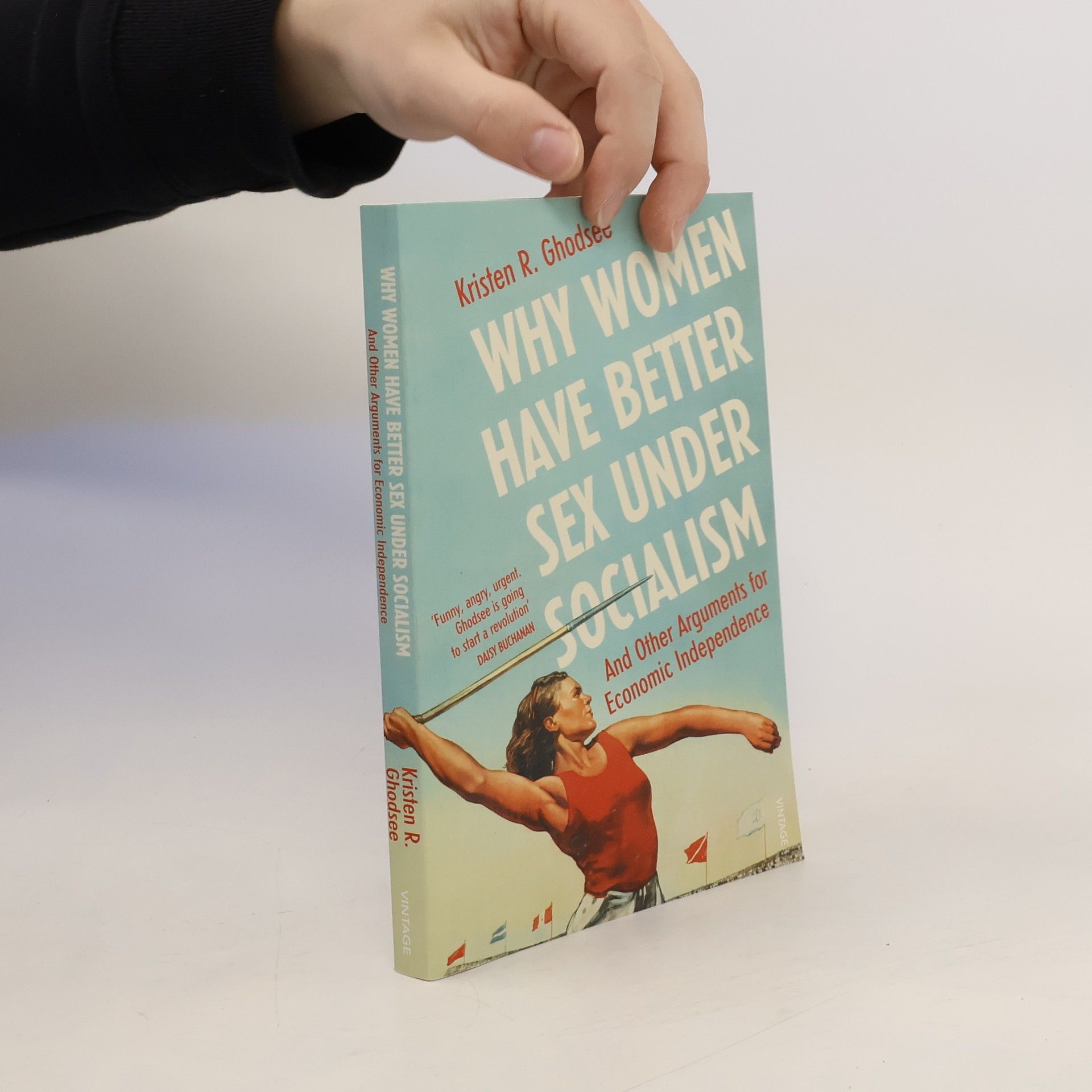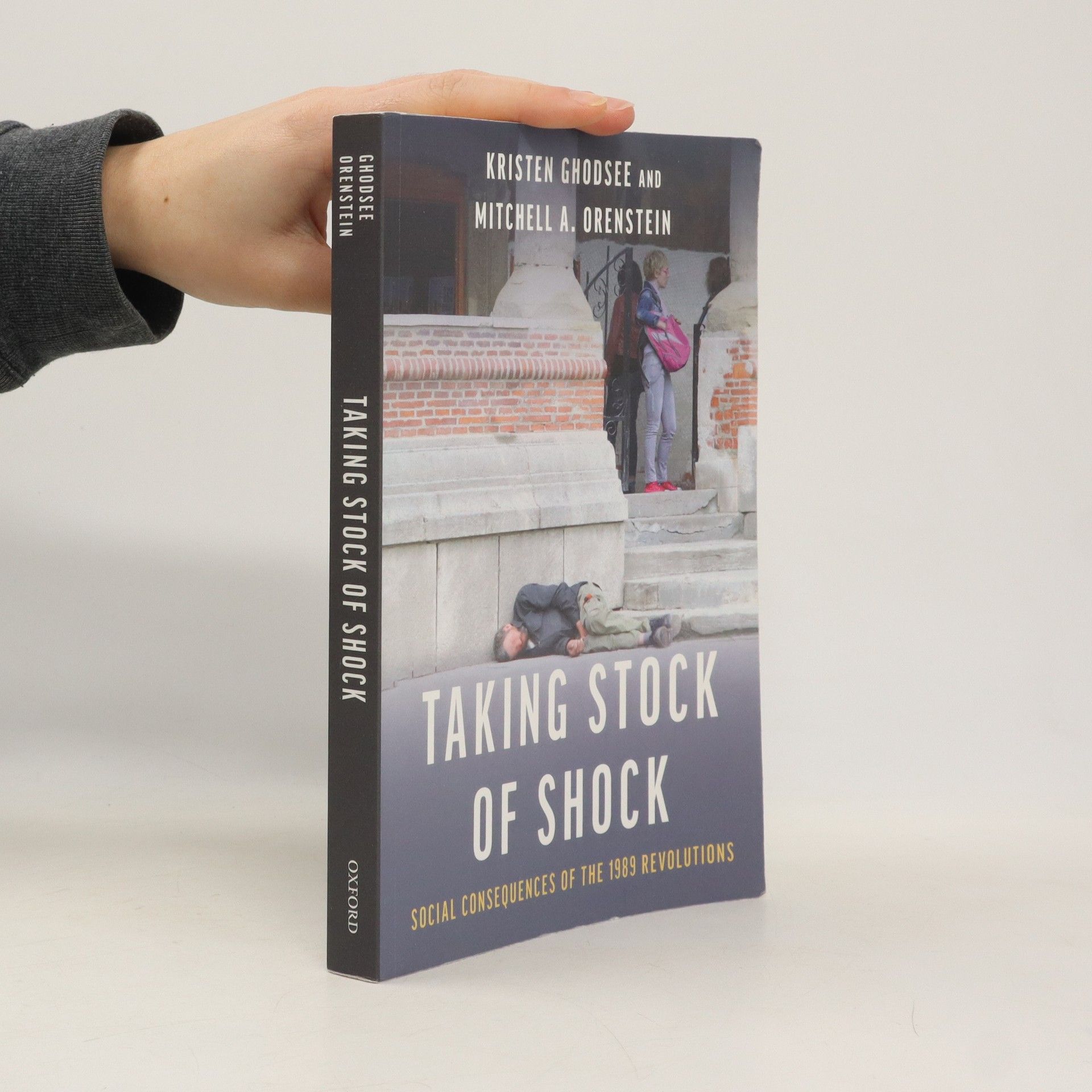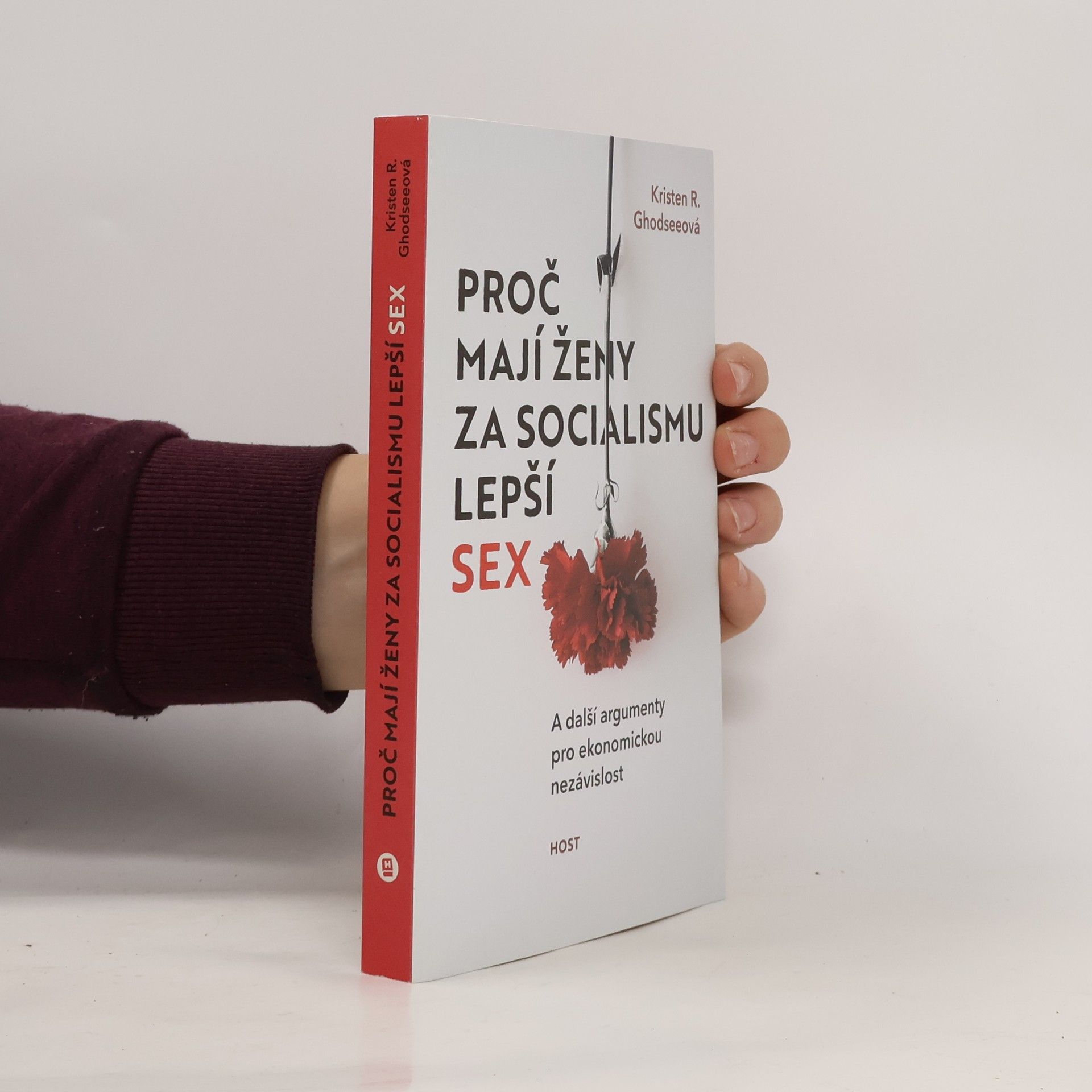Proč mají ženy za socialismu lepší sex
- 237 stránek
- 9 hodin čtení
Proč mají ženy za socialismu lepší sex - A další argumenty pro ekonomickou nezávislost. Štěstí v rodině, úspěch v kariéře i pohoda v posteli začínají v zákonech. Západní společenská stabilita poválečných let je paradoxně v mnohém dílem komunismu: demokratické státy ze strachu před radikalizací obyvatelstva přijímaly opatření, jimž se dnes souhrnně říká sociální stát. Snad žádné skupiny obyvatel se tento vývoj nedotkl tak výrazně jako žen: vzdělávací politika a státní podpora jim umožnily kariéru, sexuologie a zdravotnictví částečně odtabuizovaly sexuální život a ženské tělo přestalo být vlastnictvím někoho jiného. S rokem 1989, kdy skončila komunistická hrozba a začala sílit mantra deregulace, se trend obrátil a sociální stát začal korodovat. Dnes jsou ženy více ohroženy chudobou a sexuální vztahy se opět pojí s materiálním zajištěním. Kristen Ghodseeová v provokativní studii analyzuje, jaké dopady má kapitalismus na soukromí, kariéry i sebevědomí žen a kudy by se mohl v budoucnu ubírat.





